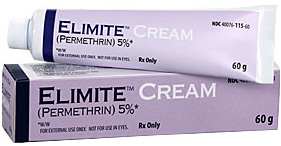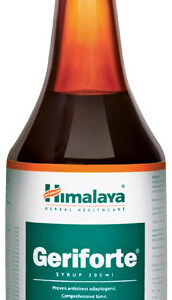Prednisolone is a synthetic corticosteroid medication that is used to treat various inflammatory and autoimmune conditions. It belongs to a class of drugs called glucocorticoids, which are hormones produced naturally by the body to help regulate inflammation and immune function. Prednisolone works by suppressing the immune system and reducing inflammation, which helps to alleviate symptoms such as pain, swelling, and redness.
This medication has a wide range of applications and can be prescribed for conditions such as asthma, allergic reactions, arthritis, skin disorders, eye problems, and certain types of cancer. It is available in various forms including tablets, oral solution, and injection.
Safety Measures
Prednisolone should be used with caution and under the supervision of a healthcare professional. It is not suitable for everyone and there are certain contraindications to taking this medication. Individuals who are currently undergoing treatment with live vaccines, have a fungal infection, or are allergic to prednisolone or any of its ingredients should not take this medication. Additionally, pregnant and breastfeeding women should consult with their healthcare provider before using prednisolone to assess the potential risks and benefits.
Furthermore, prednisolone can interact with certain medical conditions and medications. People with a history of diabetes, high blood pressure, osteoporosis, or peptic ulcer disease should be closely monitored while taking prednisolone. It is important to inform your healthcare provider about all current medications, including prescription and over-the-counter drugs, as well as any herbal supplements or alternative therapies you may be using.
Potential Side Effects
Like any medication, prednisolone can cause side effects. The most common side effects include increased appetite, weight gain, fluid retention, mood changes, trouble sleeping, and indigestion. These side effects are usually mild and improve on their own as the body adjusts to the medication.
However, there are also more serious side effects that may occur with the use of prednisolone. These include adrenal suppression, osteoporosis, increased risk of infections, cataracts, glaucoma, and mental health disturbances such as depression or anxiety. If you experience any severe or persistent side effects, it is important to seek medical attention immediately.
Instructions for Prednisolone
When prescribed prednisolone, it is important to follow the instructions provided by your healthcare professional. The dosage and duration of treatment may vary depending on the specific condition being treated and individual patient factors.
Prednisolone can be taken with or without food, but it is typically recommended to take it with a meal or snack to minimize stomach upset. The medication should be swallowed whole with a glass of water and should not be crushed or chewed.
If you accidentally miss a dose, take it as soon as you remember. However, if it is close to the time for your next dose, skip the missed dose and continue with your regular dosing schedule. Do not take a double dose to make up for a missed one.
It is important not to abruptly stop taking prednisolone without consulting your healthcare provider, as this can lead to withdrawal symptoms. When discontinuing the medication, your healthcare provider will provide a tapering schedule to gradually reduce the dosage over time.
In case of an overdose, it is important to seek immediate medical attention. Overdose symptoms may include severe dizziness, confusion, uncontrollable shaking, increased heart rate, and fainting.
How Other Drugs Affect Prednisolone
Prednisolone can interact with other medications, potentially altering their effectiveness or increasing the risk of side effects. It is important to inform your healthcare provider about all current medications to avoid potentially harmful interactions.
Some medications that may interact with prednisolone include anticoagulants, antifungal medications, certain antibiotics, diuretics, and nonsteroidal anti-inflammatory drugs (NSAIDs). Additionally, certain vaccines may be less effective when taken with prednisolone. Your healthcare provider will assess the potential interactions and adjust your treatment plan accordingly.
Frequently Asked Questions
-
What is the recommended dosage of prednisolone for my condition?
-
How long does it take for prednisolone to start working?
-
Can I consume alcohol while taking prednisolone?
-
Are there any dietary restrictions while using prednisolone?
-
Can prednisolone be taken during pregnancy or while breastfeeding?






Reviews
There are no reviews yet.